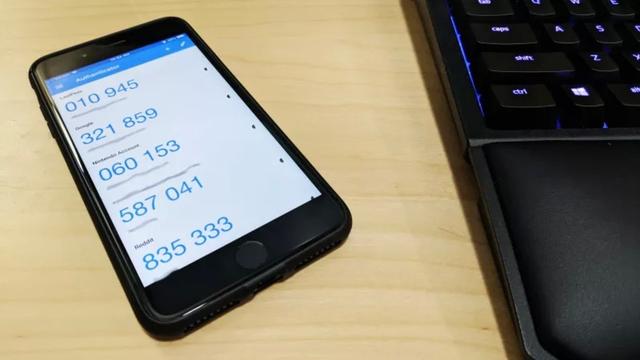Environmentally friendly PC "ZERO PC" that can be played by refugees Yokohama
Peopleport employee. In Yokohama City, Kanagawa Prefecture (photographed on November 12, 2021).
[December 12, AFPBB News] A remanufactured personal computer with the desire to achieve both "zero environmental load" and "zero refugees" is being made in Yokohama City, Kanagawa Prefecture. Those who are involved in the computer recycling business are those who are waiting for refugee recognition who have fled to Japan. [Photo] A factory that handles "ZERO PC" with particular attention to packaging materials People Port Co., Ltd. (PEOPLE PORT). Akihiro Aoyama (31), President and CEO, was founded in 2017 with the idea of "creating a place where refugees can work safely." I chose to play and sell personal computers as a business that makes it easy to learn techniques even if I don't speak Japanese, can utilize my skills even when I return to my home country, and can contribute to Japanese society. Behind the awareness of contribution to Japanese society is the desire to change "negative (feelings) and indifference" toward refugees into positive ones. Initially, we started with a personal computer recycling business. Of the unnecessary PCs collected, 30% were in good condition and worked well, so we are also focusing on the recycling business. Currently, the rehabilitation business is the main source of revenue. About 3000 PCs have been played so far. It is sold under the "ZERO PC" brand. The heart and consumable parts have been replaced with new ones. The manufacturing process uses virtually 100% renewable electricity. No plastic cushioning material is used for shipping. In addition, reuse has led to a reduction in greenhouse gas emissions. The target audience for ZERO PCs is individuals who are considering purchasing a new PC. It is sold online at the event venue of the shopping mall. The price of a personal computer starts from at least 30,000 yen. There are four price ranges for different purposes such as light work and telework. It sets a free trial period and develops a concierge service for people who are uncertain about choosing a computer. Aoyama, who aims to hire 100 refugees, had a strong dislike of the war as a child because he often heard stories about the Pacific War from his grandparents when he was a child. During college, he visited the site of the Cambodian Civil War and shot a documentary film. When he interacted with former soldiers, he thought, "Poverty and (lack of) mutual understanding are the cause of the conflict." After graduating from university, I was involved in the management of a share house where foreign students and Japanese live, with the hint of "mutual understanding." Gradually, the desire to "do business near the parties to the war / conflict. I want to use my life" became stronger, and I started a business. Currently, there are 13 employees. Four of them are waiting for refugee status. Saira, a staff member, said that the company has a warm atmosphere like a family and "it is very easy to work as a foreigner." A woman applying for refugee status said she likes work and she "working here is an opportunity for me." She is in charge of commercializing and exporting the personal computers she has taken over. Another refugee-applying man is in charge of checking and repairing the operation of the computer. She said, "I'm a lucky man." He says his colleagues can help him when he has trouble with Japanese. Hiring employees awaiting refugee status is "the most painful thing right now," Aoyama said. There are 10 referrals in the recruitment of 1 or 2 people. PC repair skills are not required at the time of hiring. Have them learn the technique while working. "The number of PCs sold is directly linked to the number of employees (who are applying for refugee status) who are welcomed by the company," he said. Annual sales are about 100 million yen. Sales increased 1.5 to 1.6 times the previous year. The number of employees applying for refugee status can now be increased from two to four. Eventually, it aims to hire 100 people. Refugee recognition is strict in Japan. The software business is scheduled to start in May next year so that asylum-seekers will eventually obtain a status of residence as "advanced human resources" and continue working. This is because programming work, which requires more advanced techniques, is easier to obtain a status of residence. While considering individual capacity development, we are looking to expand our bases not only in developed countries but also in developing countries in the next 20 years. ■ Interested in the back side of the product Mr. Aoyama says, "I hope more people will be behind the product and think about things as much as possible." For example, personal computers use resources called "conflict minerals." Conflict minerals are mineral resources mined in conflict areas and may be a source of funding for armed groups or may be exploited by workers. Also, refugees and environmental issues are not unrelated. According to the United Nations High Commissioner for Refugees (UNHCR), an average of 21.5 million people have lost their place of residence annually due to natural disasters since 2010. The reason why ZERO PC aims for zero environmental load is that it does not produce more refugees. Aoyama says that changing consumer awareness may save people and the environment. "Individuals change, companies change, societies change," he said. (c) AFPBB News / Marie SAKONJU
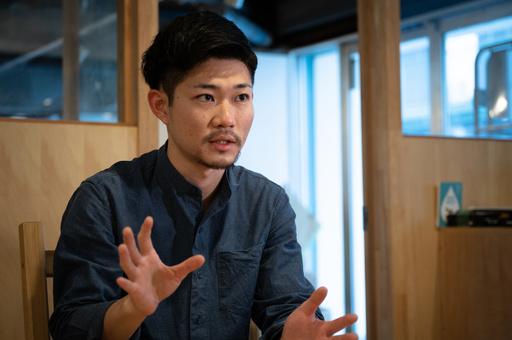

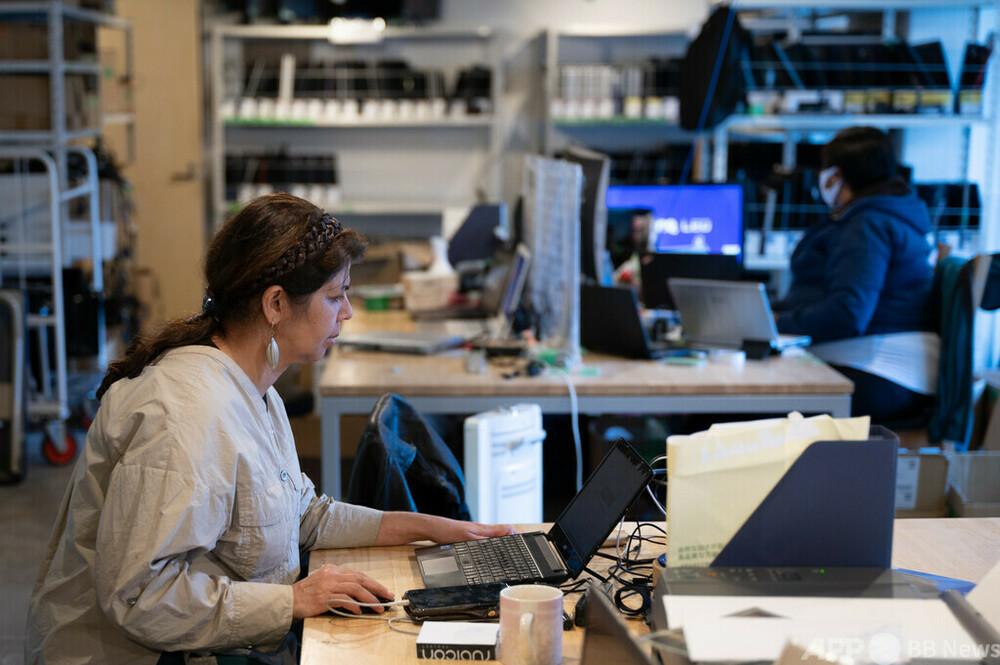
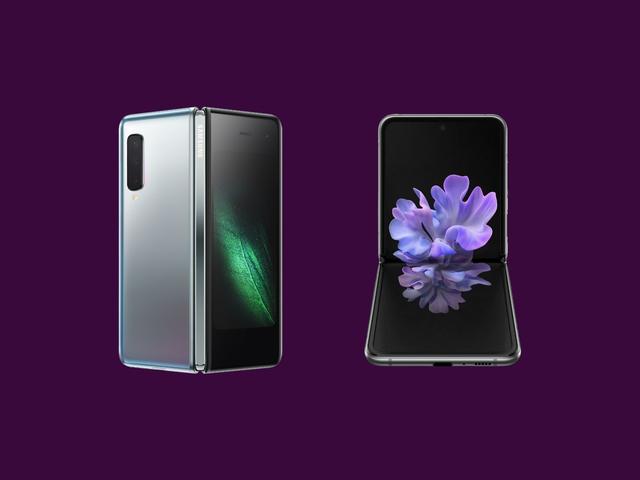
![10th generation Core i5 equipped 9.5h drive mobile notebook is on sale at 50,000 yen level [Cool by Evo Book] 10th generation Core i5 equipped 9.5h drive mobile notebook is on sale at 50,000 yen level [Cool by Evo Book]](https://website-google-hk.oss-cn-hongkong.aliyuncs.com/drawing/article_results_9/2022/3/9/4a18d0792cae58836b71b9f591325261_0.jpeg)

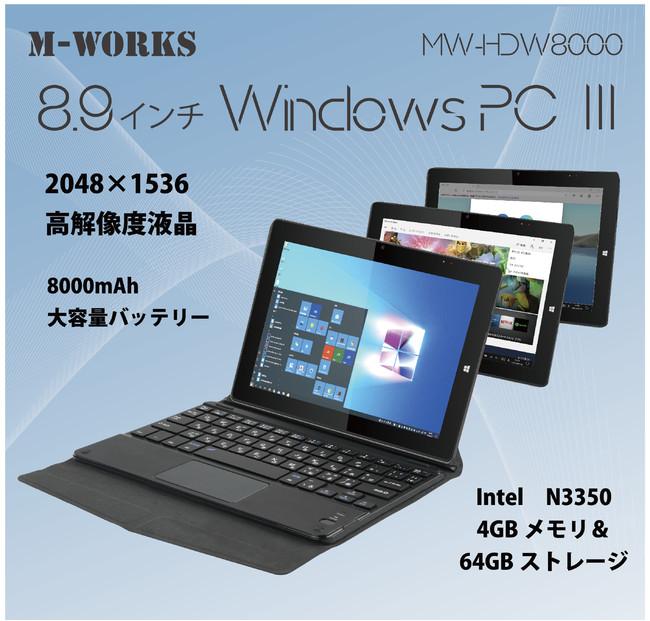
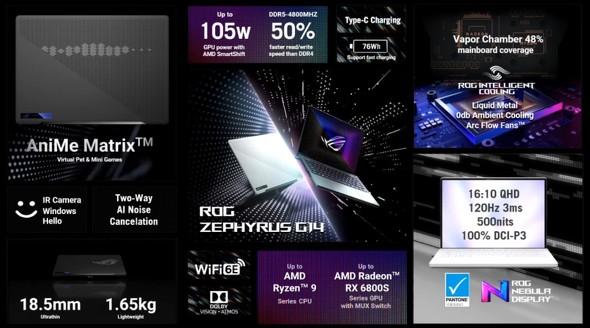
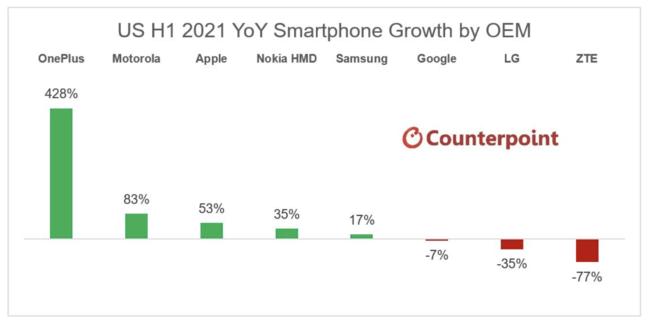
![[Amazon time sale in progress! ] 64GB microSD card of 1,266 yen and wireless earphone with noise canceling function of 52% off, etc. [Amazon time sale in progress! ] 64GB microSD card of 1,266 yen and wireless earphone with noise canceling function of 52% off, etc.](https://website-google-hk.oss-cn-hongkong.aliyuncs.com/drawing/article_results_9/2022/3/9/c88341f90bab7fe3ce1dc78d8bd6b02d_0.jpeg)
